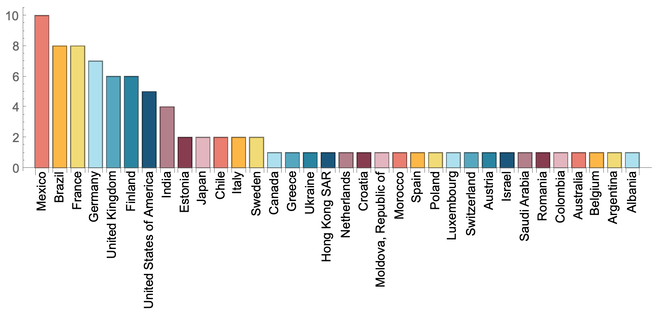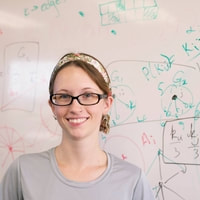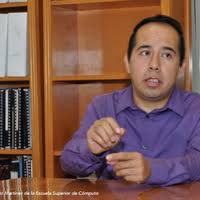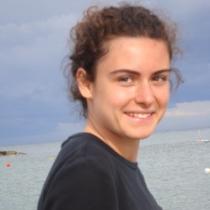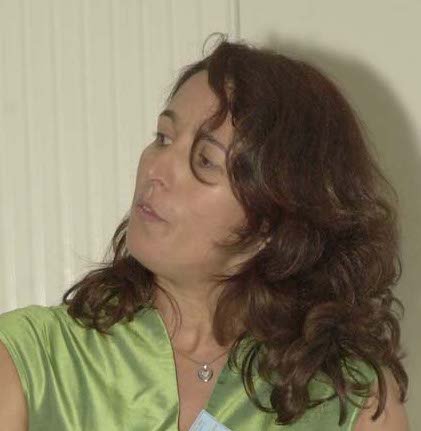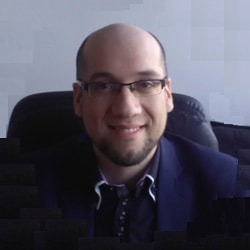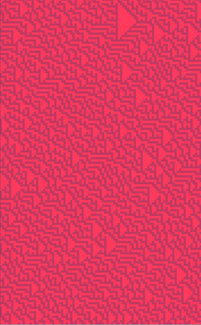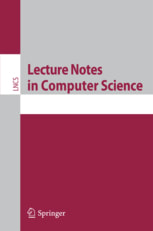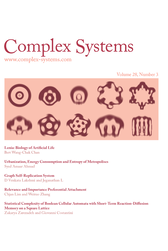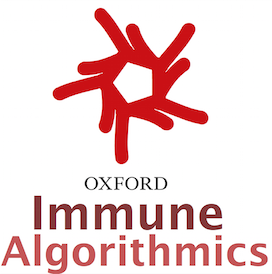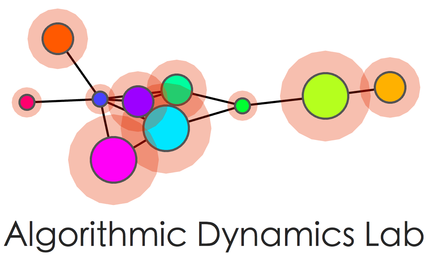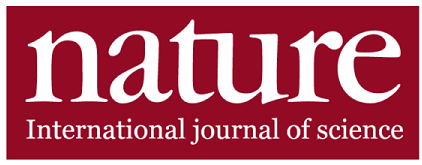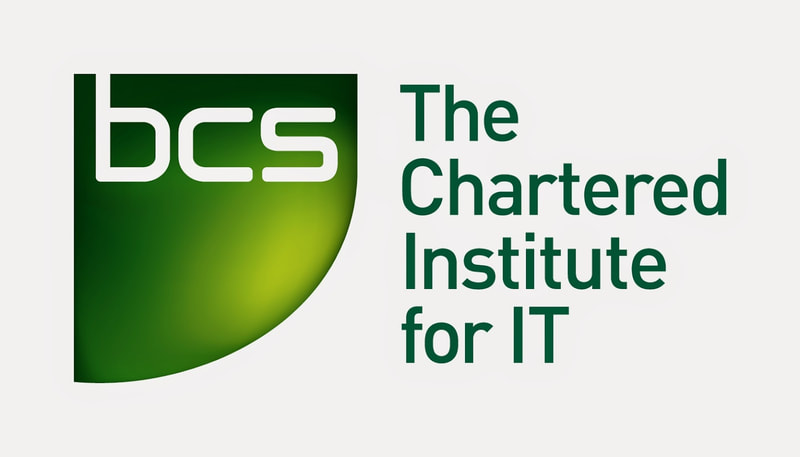Post-conference stats:
There were over 100 people registered, 85 different attended at different times from 34 countries and there were over 50 people connected on average for each session during the 3 days. We are glad to have been able to allocate registration scholarships waiving 100% of the fees (which were also very low and subsidised) to about 80% of the participants (thanks to our sponsors) helping usually under-represented residents in some countries to join.
AUTOMATA Online
|
|
Invited Speakers
|
Collision-based Computing with Cellular Automata
Dr. Genaro Martínez National Polytechnic Institute, Mexico & University of the West of England, U.K. Some control and observation issues in Cellular Automata
Dr. Samira El Yacoubi University of Perpignan, France Topological Dynamical Properties in Turing Machines
Dr. Rodrigo Torres-Aviles Universidad del Bío-Bío, Concepción, Chile Navigating Isotropic Cellular Automata Rule-space
Prof. Andrew Wuensche University of Sussex, U.K. & University of the West of England, U.K. |
Topics (non-exhaustive)
|
Proceedings
|
|
There are two paper categories of submission:
Authors should consult Springer’s authors’ guidelines and use their proceedings templates, either for LaTeX or for Word, for the preparation of their papers. Springer encourages authors to include their ORCIDs in their papers. In addition, the corresponding author of each paper, acting on behalf of all of the authors of that paper, must complete and sign a Consent-to-Publish form. The corresponding author signing the copyright form should match the corresponding author marked on the paper. Once the files have been sent to Springer, changes relating to the authorship of the papers cannot be made. Previous AUTOMATA LNCS volumes can be found here. |
Special Issues
|
A special issue, collecting extended and improved versions of selected papers presented at the conference, will be published in the journal of Complex Systems.
Founded in 1987, Complex Systems was the first journal in the field of Complex Systems and has published some of the most important landmark papers in the area. Complex Systems has developed a uniquely broad base of readers and contributors from academia, industry, government and the general public in over 50 countries around the world. The topics of research covered by Complex Systems span a diverse array of areas, including mathematics, physics, computer science and biology. Complex Systems is indexed/abstracted by Emerging Sources Citation Index (Web of Science), Scopus, SCImago (SJR), Computer and Control Abstracts, Current Contents, Electrical & Electronics Abstracts, Inspec, MathSciNet, Crossref, Physics Abstracts, Zentralblatt für Mathematik/Mathematics Abstracts and Google Scholar. |
Important Dates
|
»Submission deadline full papers (any number of pages): Closed
»Notification of acceptance full papers: July 1, 2020 »Final versions: July 15, 2020 »Registration deadline for full paper author: August 1, 2020 »Registration for exploratory paper author/other participants: August 1, 2020 »Final registration deadline: Aug 10, 2020 Submissions:Authors are invited to submit papers via EasyChair. Submissions should contain original research that has not previously been published. Submission must be formatted in LaTeX using the LNCS format and submitted in PDF. Papers authored or co-authored by PC members are also welcomed. |
Previous Editions |
The AUTOMATA series is the official annual event of IFIP WG 1.5, the Working Group 5 (on Cellular Automata and Discrete Complex Systems), of the Technical Committee 1 (on Foundations of Computer Science), of the International Federation of Information Processing (IFIP). Find other IFIP official events here.
In the last years the workshop has taken place in Guadalajara, Mexico (2019); Gent, Belgium (2018); Milan, Italy (2017); Zurich, Switzerland (2016); Turku, Finland (2015); Himeji, Japan (2014), and Gießen, Germany (2013). |
Registration |
|
